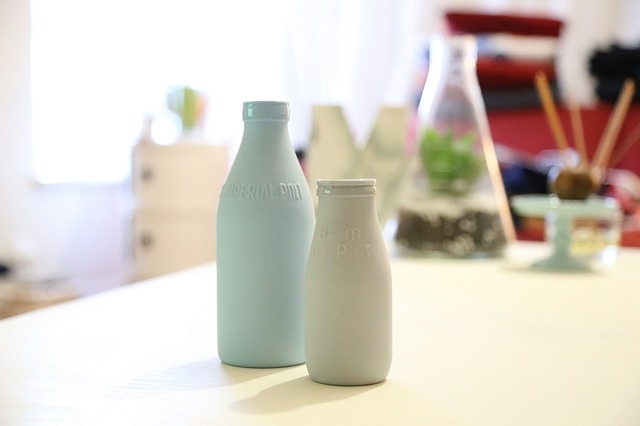 The human body is an intricate machine. It has many moving parts which impact one another in profound ways, says Marla Ahlgrimm. The women’s health expert says one of the more surprising connections is the one between the gut and a person’s mood. Here, Ahlgrimm touches on key aspects of depression and how it may be linked to diet.
The human body is an intricate machine. It has many moving parts which impact one another in profound ways, says Marla Ahlgrimm. The women’s health expert says one of the more surprising connections is the one between the gut and a person’s mood. Here, Ahlgrimm touches on key aspects of depression and how it may be linked to diet.
Q: What is depression?
Marla Ahlgrimm: Depression is an unrelenting feeling of sadness and may be triggered by certain life events, such as the death of a close friend or relative. Chemical imbalance has also been linked to depression. While most cases of depression are resolved within months with professional guidance, some people are persistently “down in the dumps.” Researchers at the University College Cork believe these individuals may suffer from a deficiency of serotonin– the body’s “happy” hormone – resulting from poor gut health.
Q: How is serotonin production influenced by diet?
Marla Ahlgrimm: Most of the body’s serotonin is made in the small intestines. Unhealthy bacteria, along with food allergies and gluten sensitivity, affect how well the intestines can produce serotonin.
Q: Do gut microbes of men and women react to diet in the same way?
Marla Ahlgrimm: No, in fact, men and women following the exact same diet have vastly different types of bacteria in the intestines. Certain strains of these bacteria have a profound impact on mental health. Hormones may be the reason behind the difference, and may also explain why depression is diagnosed more often in women than men.
Q: Is it possible to change the bacteria living inside the body?
Marla Ahlgrimm: It is! Since diet plays a major role in gut health, eating healthier foods may help. Foods containing high levels of probiotics are especially beneficial. Magnesium supplements and regular physical activity have also been shown to have a positive effect on gut health and overall wellbeing.











 In this brief Q&A session,
In this brief Q&A session, 





 Marla Ahlgrimm has co-authored two ground-breaking books,
Marla Ahlgrimm has co-authored two ground-breaking books,